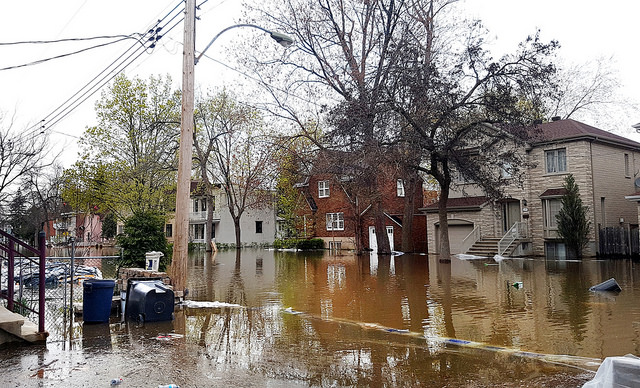Photo: 2017 flooding in Montreal. By Fred via Flickr, licensed under Creative Commons 2.0
Thousands of families in Brantford are under an evacuation order, and a toddler in Orangeville is missing. Flooding season has begun, and its consequences are devastating. It is urgent for us to come together and solve this problem. These tragic situations are all too predictable due to the combination of aging infrastructure, urban development, and climate change. Any one of our communities could be next.
In late January, a group of passionate people from municipalities, conservation authorities, engineering firms, nonprofits, the insurance industry and academia gathered in Toronto to take a big picture view and try to answer the question: what do we need to do to increase flood resiliency in Ontario’s cities and towns over the next five years?
Attend a webinar on March 5 from 1-2:15pm to learn more and get involved in the collaborative. RSVP here.
Stakeholders came up with a high level framework of action areas and strategies – a draft “Theory of Change” for how we see progress happening on this issue.
Stakeholders identified six key action areas to target interventions (not in order of importance):
- Increase awareness about flood risk.
- Increase uptake of flood-proofing retrofits on private property.
- Invest in infrastructure to reduce flood risk in priority areas.
- Improve emergency preparedness.
- Increase the uptake of flood-resilient design standards.
- Improve data collection and risk mapping.
Read the entire Theory of Change here.
Flooding is fundamentally a local issue, and much of the action will need to occur at the community level. But in working also at the provincial scale, shared resources can be deployed efficiently – for example compiling best practices for the design of incentive programs for property owners, or creating communications materials around flood preparedness and risk reduction.
The Theory of Change identifies some key strategies to take in each of the action areas, and the next step will be to form working groups to determine who will do what over the next several years, and where that work will occur.
We’re looking for your feedback. Send me an email or fill in this quick feedback form by March 23rd.
This is a living document which will continue to evolve, so if you are unable to make that deadline please provide your feedback anyway.
The Ontario Urban Flooding Collaborative is supported by the Ontario Trillium Foundation.
By Clara Blakelock

